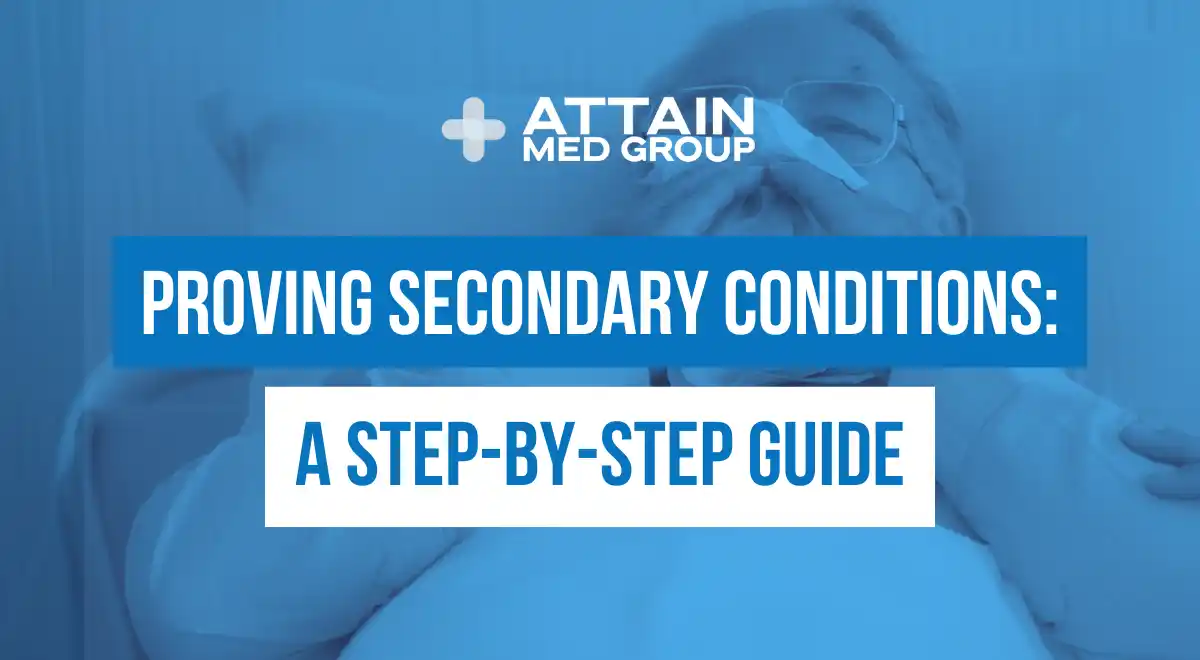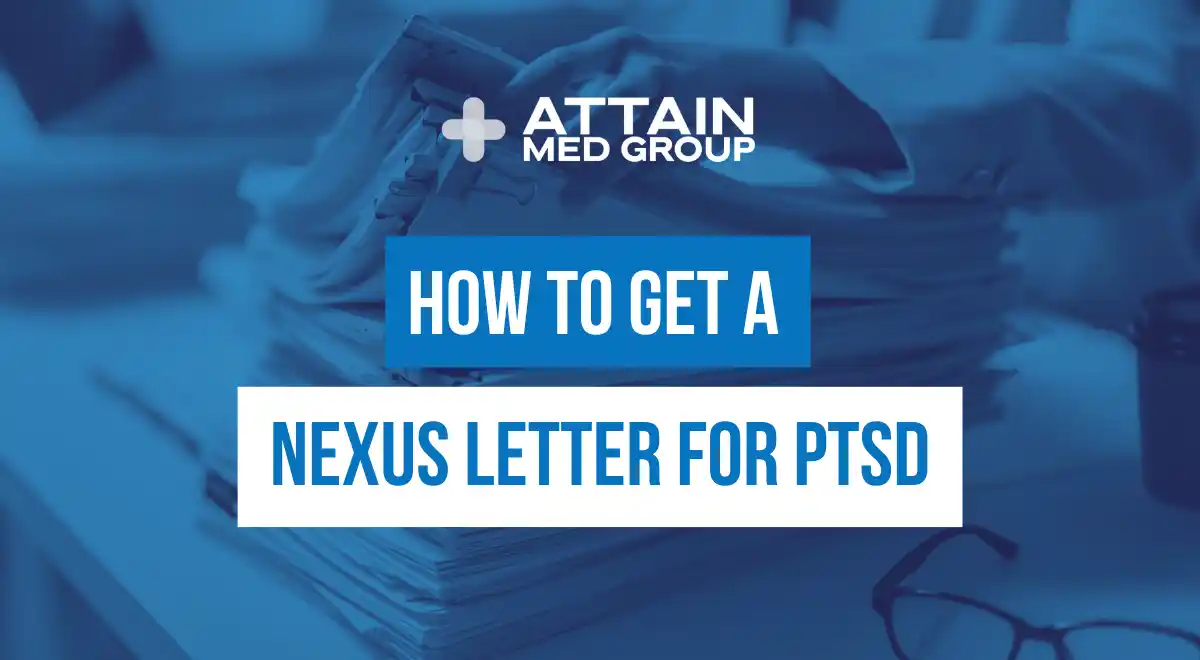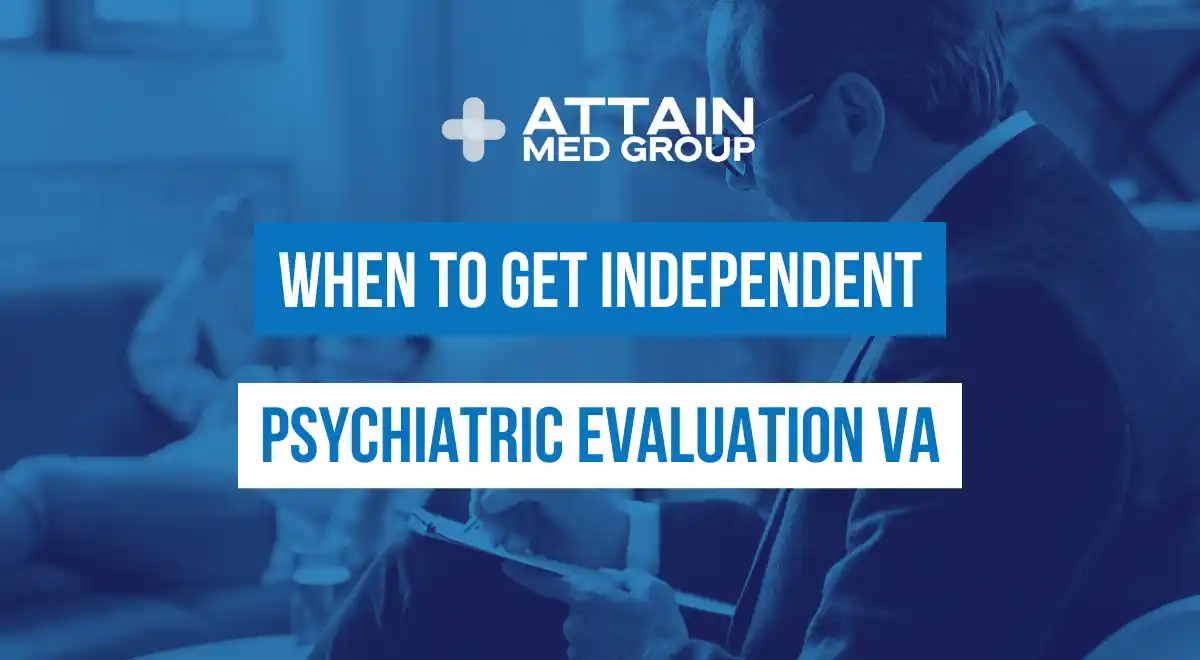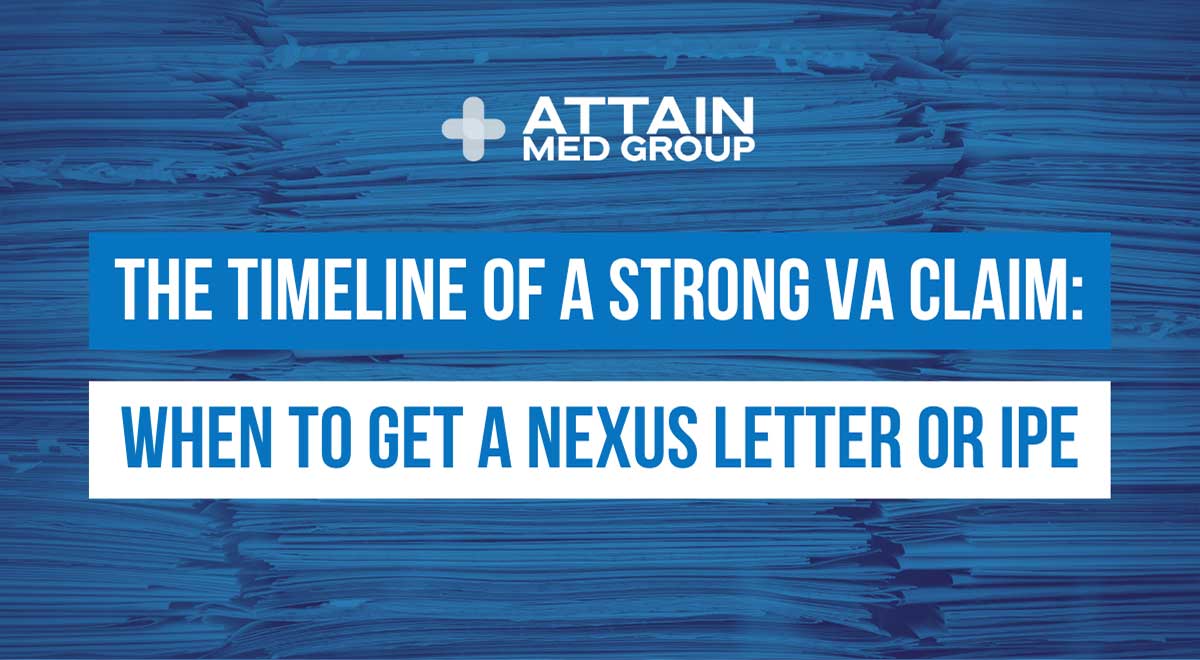When to Get a New Nexus Letter for Your VA Claim
A nexus letter bridges your current diagnosis to your service or a service-connected condition, using medical rationale the VA recognizes. However, many veterans don’t realize that an outdated or vague…










